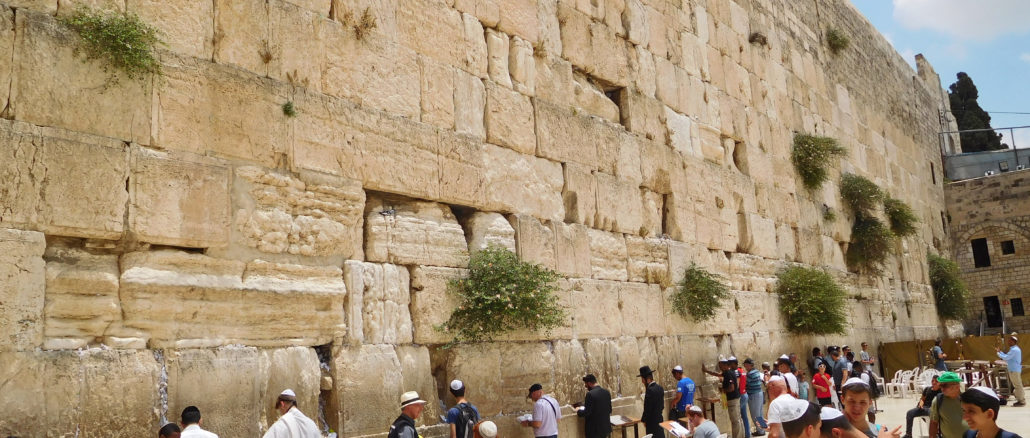
Support Northern Colorado Journalism
Show your support for North Forty News by helping us produce more content. It's a kind and simple gesture that will help us continue to bring more content to you.
BONUS - Donors get a link in their receipt to sign up for our once-per-week instant text messaging alert. Get your e-copy of North Forty News the moment it is released!
Click to DonateTim Van Schmidt
My wife and I have canceled two international trips this year due to the coronavirus pandemic.
Over Thanksgiving, we were scheduled to go to Taiwan with friends, including a native from that country. Taiwan is one of the safest places on earth in terms of virus concerns with only seven deaths out of a population of 23 million.
Unfortunately, we would be coming from one of the worst places and would have spent the entire time in a quarantine facility.
Back in March, we canceled a trip to Israel, then one of the most strident countries in terms of lockdowns. My daughter and her family were there on a work assignment.
I’m sorry to miss the opportunity to go to Taiwan, especially with a person who was anxious to show off her homeland. Though we had exciting plans for our 2020 visit to Israel, we were a little less disappointed because we were able to get there before all this virus mess started
What I experienced on that trip was like walking through the pages of a history book. That would be a book of ancient history and modern history, religious, political, and cultural history, local history, and history that has affected the world.
We were staying with our daughter in Herzliya Petuach, just north of Tel Aviv, and a visit to some nearby ruins called Apollonia is a perfect example of what it was like visiting Israel.
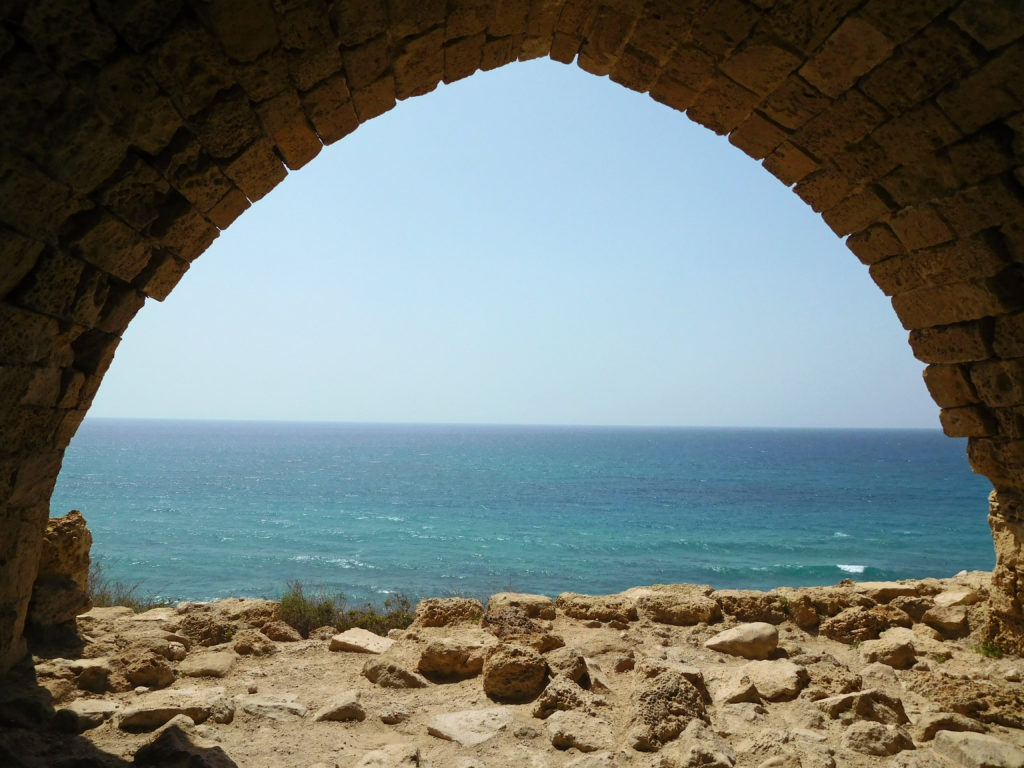
Apollonia was a small fortress perched on the coastal rocks above the crashing waves of the Mediterranean Sea. Its history goes back thousands of years, the original inhabitants gaining fame for creating a special purple dye from the mollusks found below in the water. These inhabitants were conquered. The fortress was burned and rebuilt. And this cycle was repeated over and over again over the centuries.
Every step of the way around and in the ruins at Apollonia had been taken by many others, many times over, speaking many languages and practicing many different religions.
But a key to understanding this place’s long history could be understood by standing at a wide, arched window facing the sea. From there, you could see far up and down the coastline.
A tour guide explained on our trip along the northern coast of Israel that the place now known as Israel had been a very important piece of property for one particular reason — it was smack in the middle of the trade routes between the Middle East and Africa. Before airplanes, trade had to move overland or on the water, and anyone who wanted to control trade — and benefit from it — had to keep a keen eye out for invaders wanting a piece of the action. Therefore, a place like Apollonia and many other places like it up and down the coast were necessary and strategic lookouts.
But more than just a crossroads for trade, of course, Israel also has been a crossroads for religious traditions and as we toured the country we visited holy sites important to a number of religions.
We visited the birthplace of Jesus in Bethlehem — the actual spot located in a grotto under the oldest functioning church in the world.
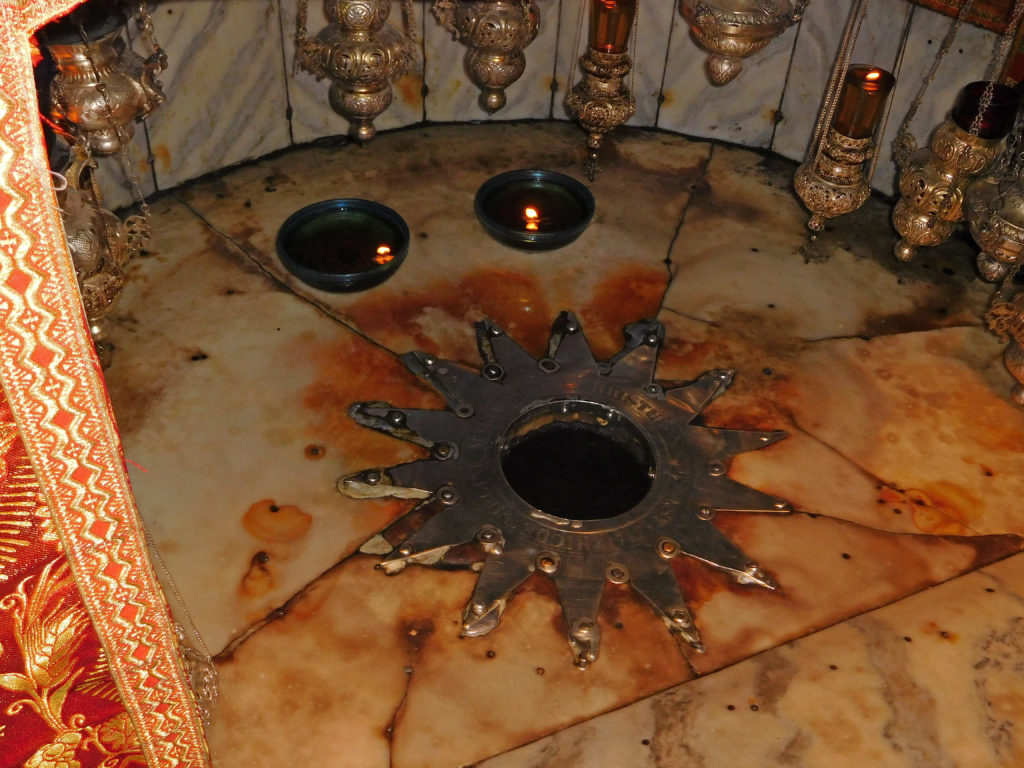
There was the Dome of the Rock in Jerusalem, built where various traditions believe God created the world and the first human, where Abraham went to sacrifice his son and where Muhammad began his ascent to heaven.
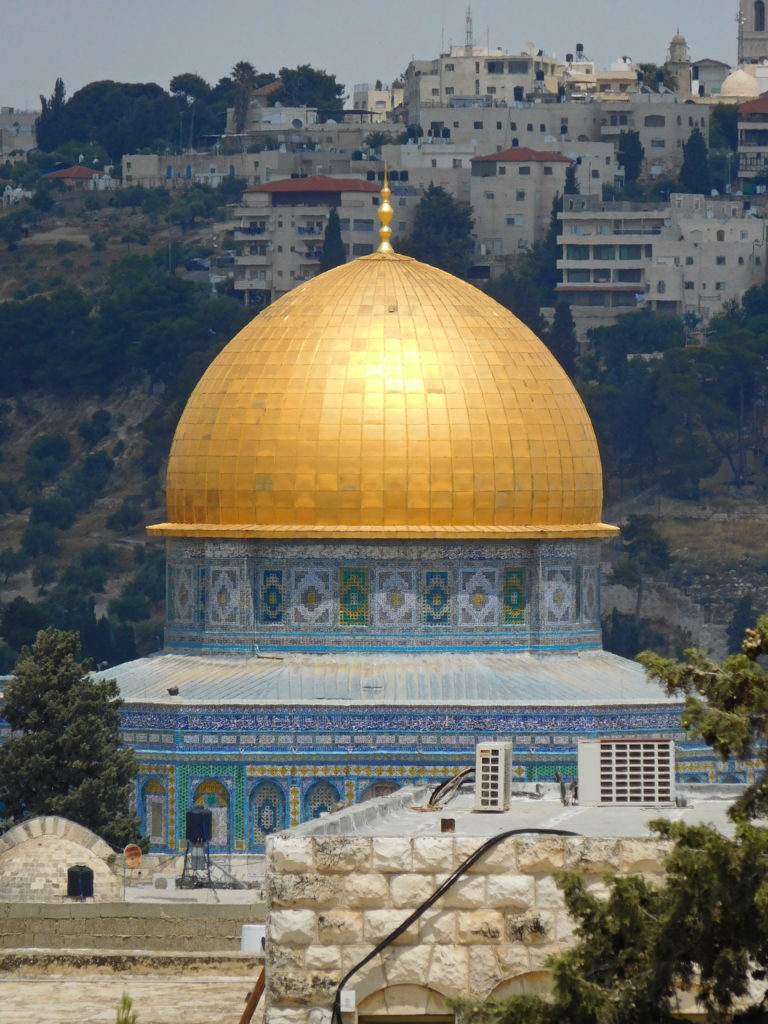
We placed prayers for our grandsons in the Western Wall in Jerusalem and saw the splendor of the Baha’i Gardens in Haifa.
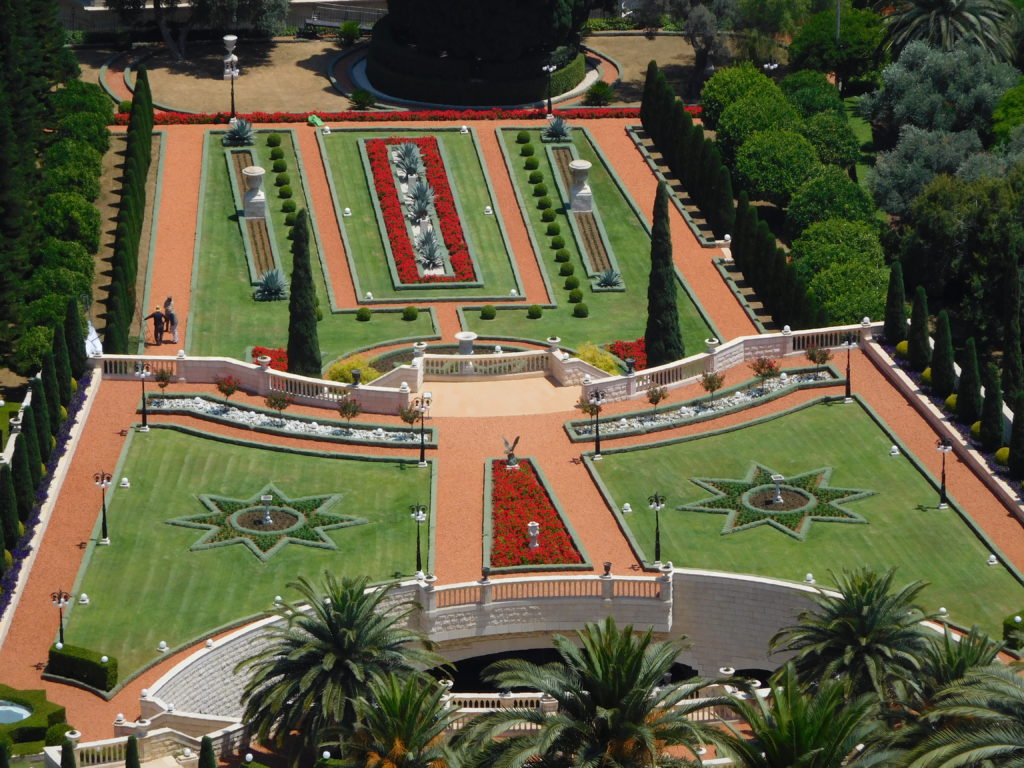
These places are not like tourist attractions in our own country, like the birthplace of Elvis Presley, or George Washington’s home in Mount Vernon — relatively recent cultural spots. The places in Israel are rooted in traditions and beliefs that span millennia. It is awesome, even mind-bending, to think you are walking in the footsteps of historical and even holy figures who not only changed the world but transcended it.
I didn’t get to go to Israel this year. I may never go there again. But I have felt the tremendous power that is so firmly concentrated in this vortex of economic and religious history. It is something you never forget.
Tim Van Schmidt is a writer and photographer based in Fort Collins. Check out his YouTube channel at “Time Capsules by Tim Van Schmidt.”
